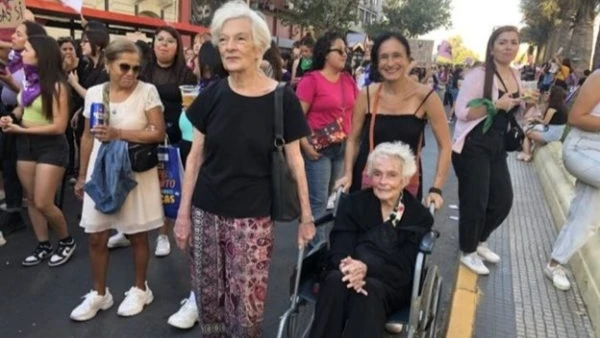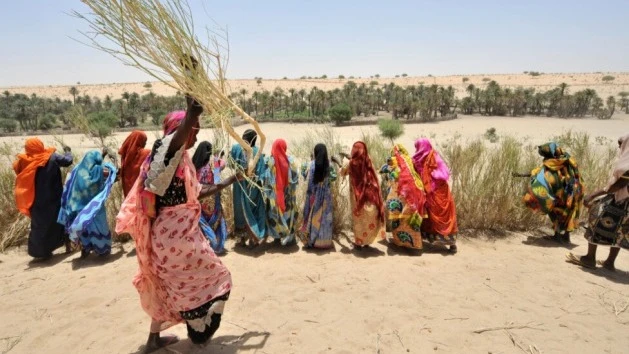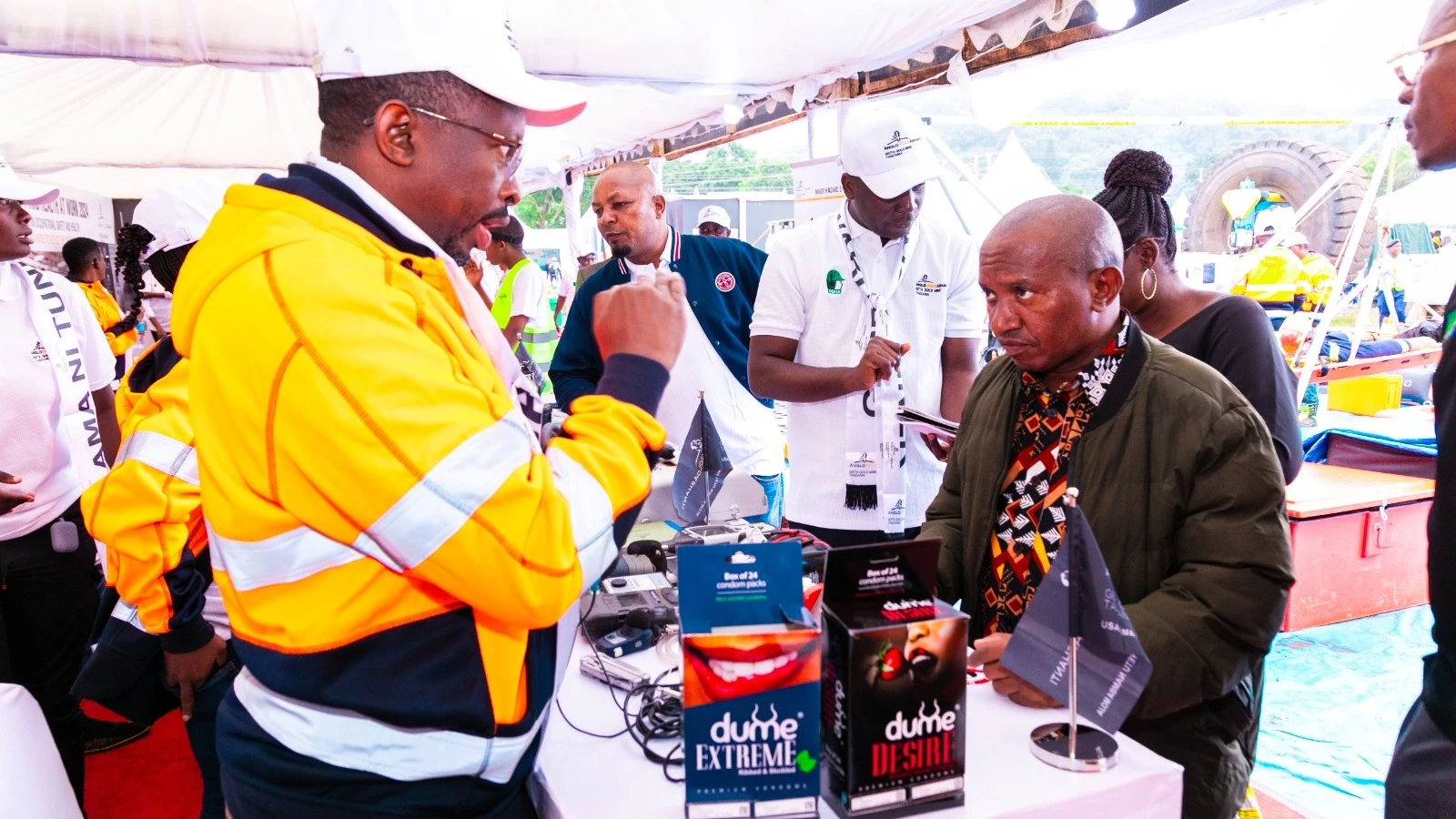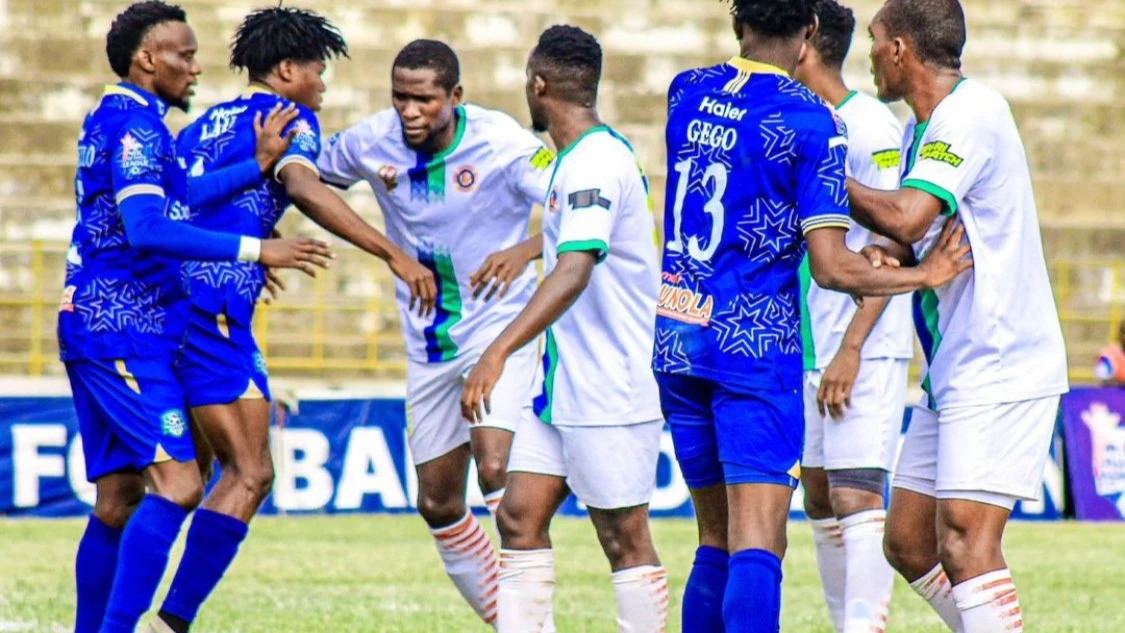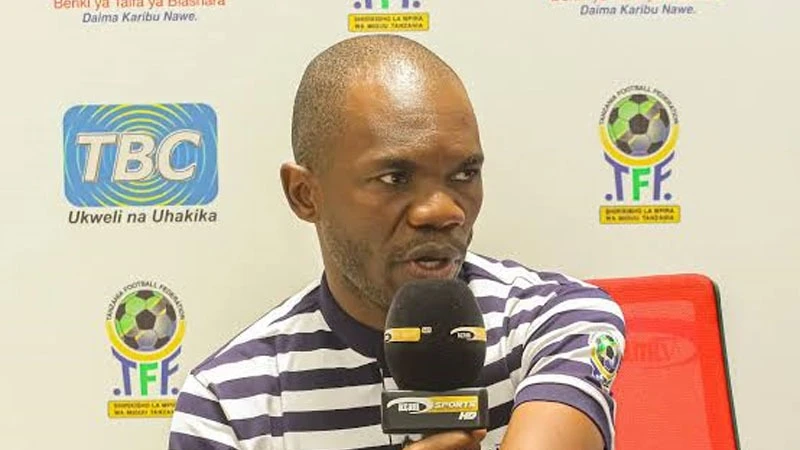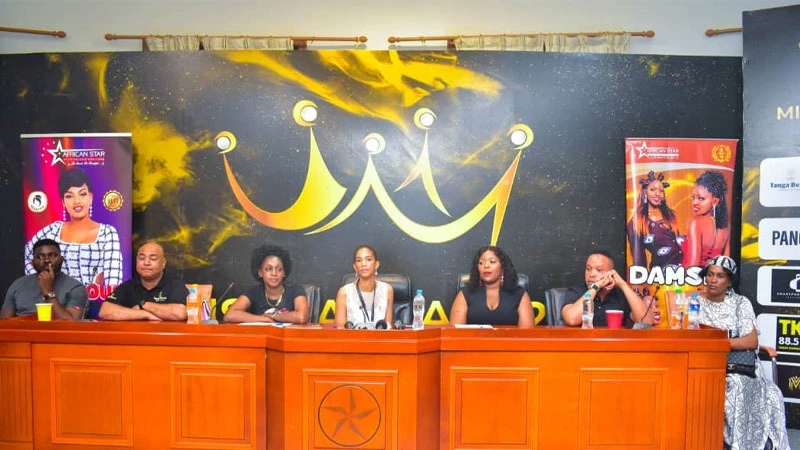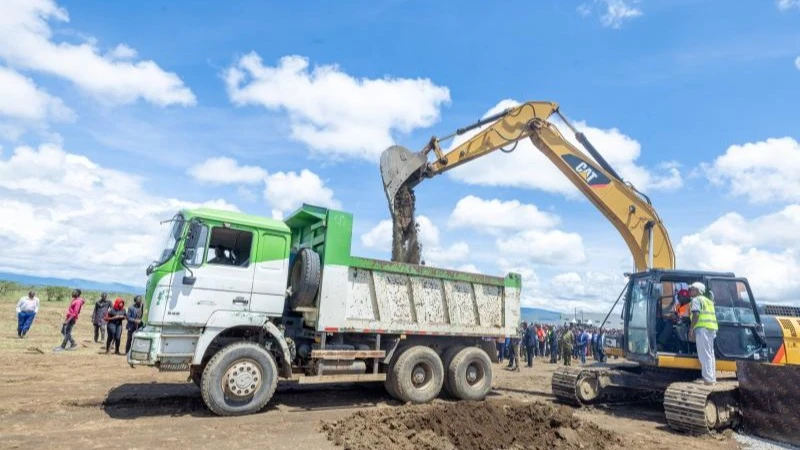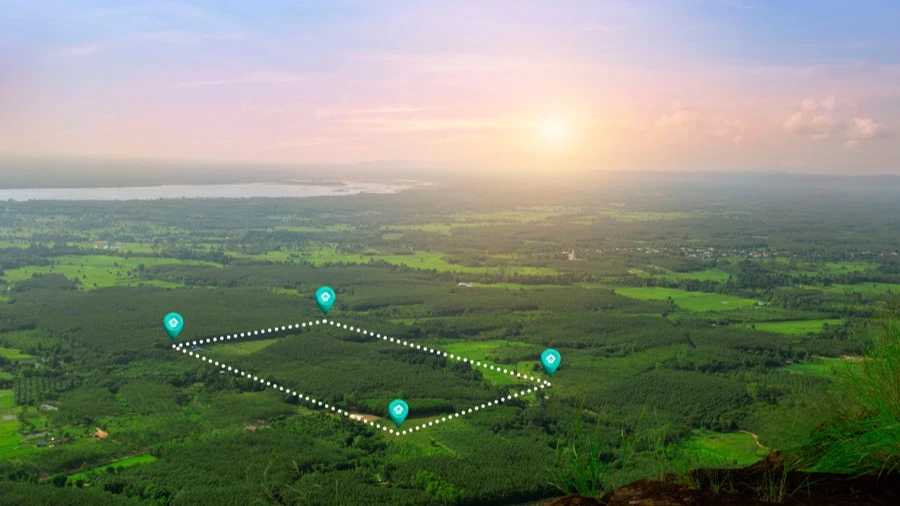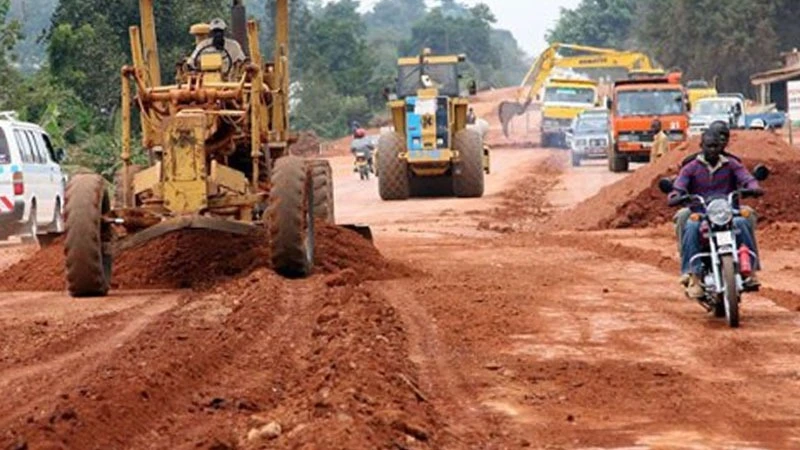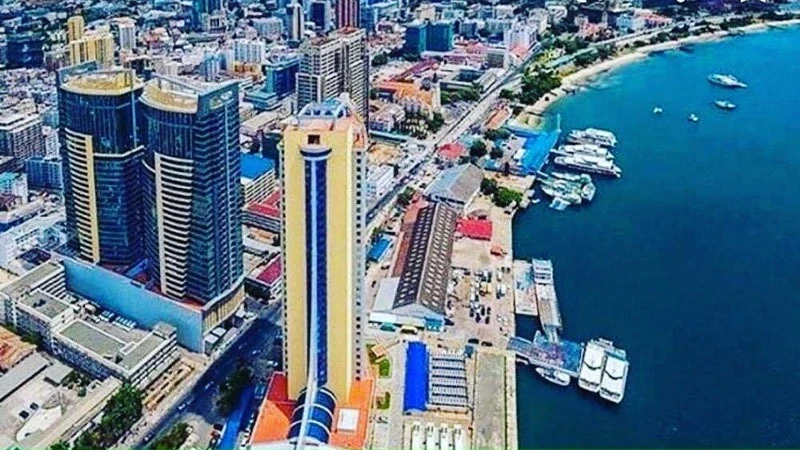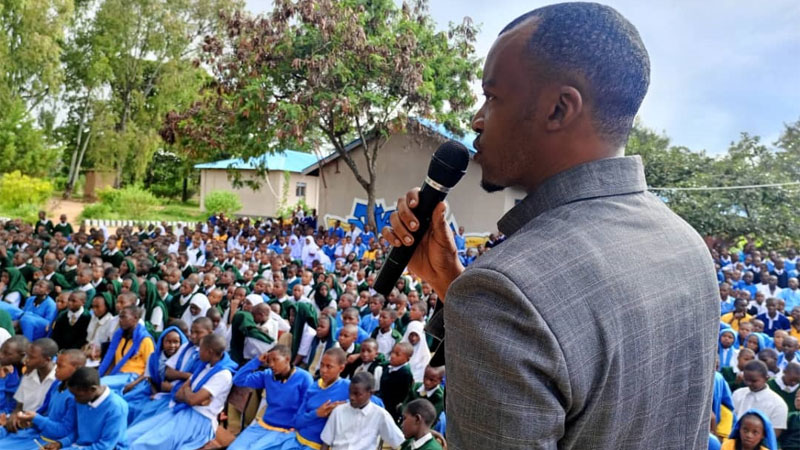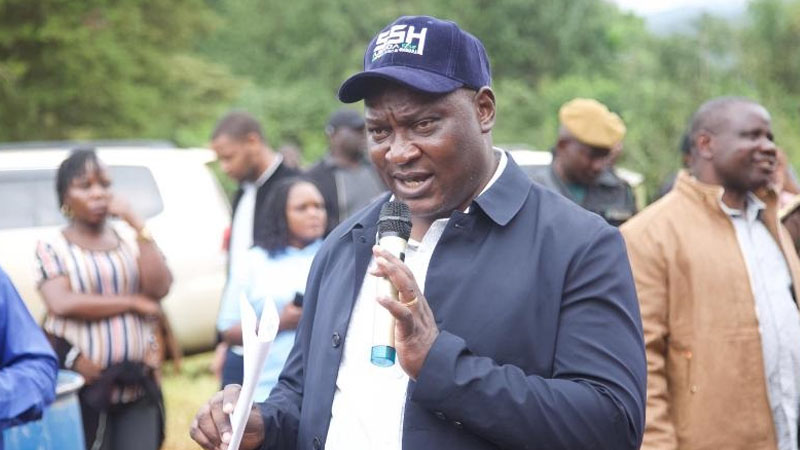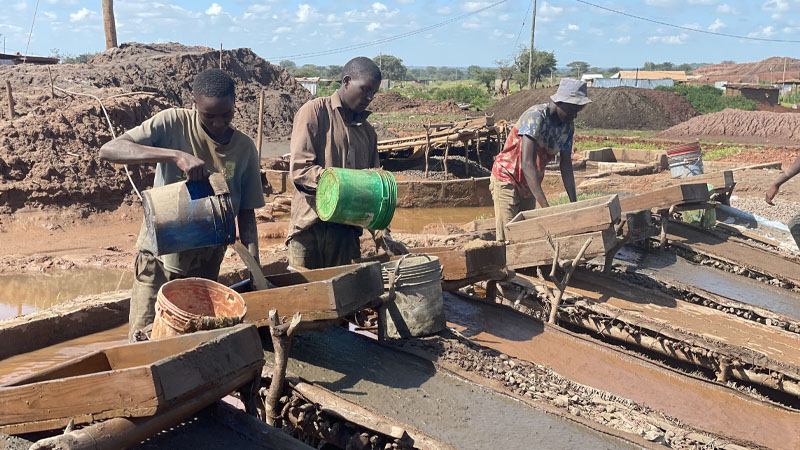Fighting Poverty: Organization promotes livelihood opportunities among vulnerable local communities
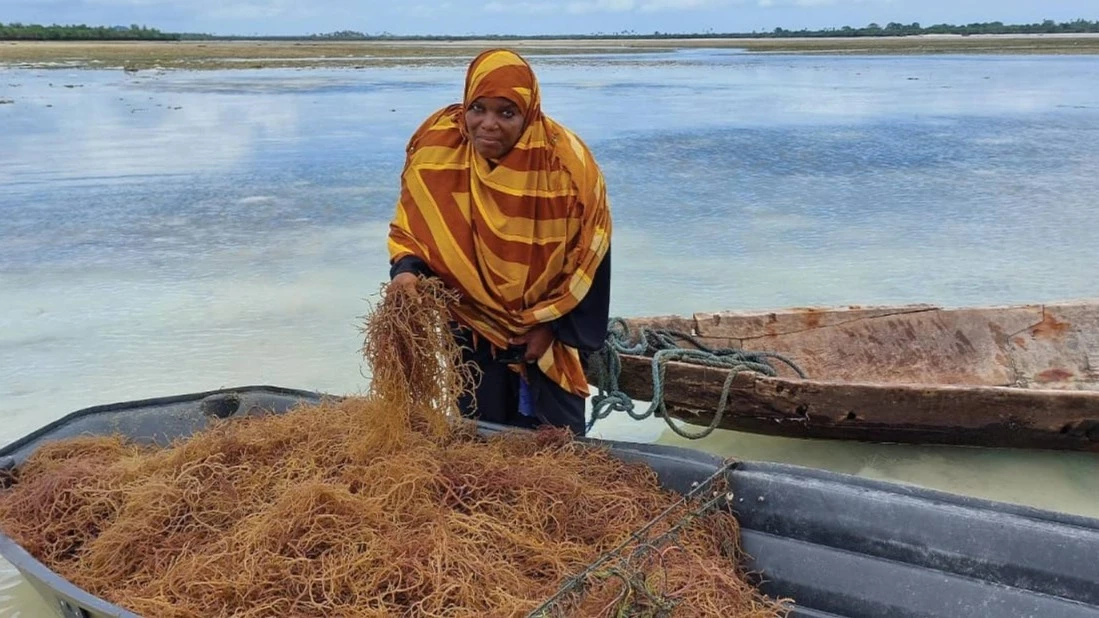
THE United Nations (UN) recognizes young as a major human resource for development and key agents for social change, economic growth and technological innovation. Young people’s participation in decision-making is a key priority area of the UN agenda on youths.
In 1995, on the tenth anniversary of International Youth Year, the UN strengthened its commitment to young people by adopting the World Programme of Action for Youth (WPAY), an international strategy geared to address their problems and increase opportunities for participation in society.
ActionAid Tanzania has been implementing various youth programs in both mainland and Zanzibar. At local level, it has long term commitment in selected district-based local rights programs where it works directly with communities and local partners in Mafia, Unguja, Pemba, Kilwa, Chamwino and Singida. Also works with partners in other districts such as Kasulu, Kibondo, and Tanga.
Recently, ActionAid Tanzania held a Participatory Review and Reflection Process (PRRP) in Dar es Salaam—an ActionAid’s in-built system that warrants organizational accountability, transparency and responsiveness to the needs and priorities of people living in poverty and other key stakeholders including partners, supporters and donors.
The PRRP aimed to reflect on challenges and missed opportunities for the year 2023 as well as lessons learnt to inform its future programming. During PRRP, some of the beneficiaries shared their success journey in their respective areas where Actionaid Tanzania engages with the community.
Hamad Mkasha from the Seaweed Farmers Community of Pemba in Kiuyu Mbuyuni village, Kiuyu Maziwang’ombe ward in Micheweni District, Pemba Island, stated that following lack of a platform to unite seaweed farmers in area Pemba Island, Actionaid Tanzania resolved to assist them in establishing the community in 2007 and officially registered it a year later. Initially, it had 66 founding members, comprising 40 women and 26 men.
He said after registration, the number of members increased from 66 in 2007 to 3120 in 2024), of whom, 1914 are women and 1206 men. He said the lives of members have transformed, as the institution has empowered young people and women on how to advocate for their interests and improve their economic status.
Mkasha told The Guardian that the community has made strides by introducing a blue economy policy, leading to the establishment of a government-owned seaweed company (ZASCO) and construction of a seaweed processing plant.
“The presence of ActionAid Tanzania in our village is of great benefit. We are following the blue economy policy by adding value to seaweed products since our markets have expanded and we have a seaweed processing plant. We have also influenced the government to establish ZASCO,” added Mkasha, adding they have been trained on financial management and establishment of savings and credit groups (Saccos), where major financial institutions like banks were attracted to provide loans totalling 256m/- to the community members to enhance their economic activities and personal lives.
He added: “Before the inception of ActionAid Tanzania programs in our area, the lives of community members were poor. Many of them lived in grass and mud houses. Their lives have now changed significantly by improving their businesses as the price of seaweed has increased. Members have constructed better houses.”
Previously, the price of seaweed ranged from 150/- per kilogram, but it has increased to 1000/- per kg this year for spinosum seaweed. Members have established other businesses such as livestock farming, and acquire modern tools.
Latifa Mdachi from Chongoleani ward in Tanga Urban District and chairperson of the Youth-Parent Association (TAYPA) said through ActionAid Tanzania, they have been able to establish platforms for young women empowerment, providing space for them to reflect on various issues around their communities.
Latifa said that various dialogues, workshops, and training related to gender mainstreaming such as sex and reproductive health, gender and power relations, civic rights have been conducted through reflection circles.
“Previously, women in the respective communities were not used to talking in front of men in public. Hence, the circles are meant to create sense of self awareness, and enhancing confidence to young women, they courageous to speak up and demand for their rights in debates,” said Latifa.
She added that ActionAid Tanzania started a joint initiative with a Civil Society Organizations working on climate accountability in conducting climate finance analysis ensuring transparency, accountability, and effectiveness in the use of funds aimed at addressing climate change which will inform decision-making, mobilize resources, and drive the transition to a low-carbon and climate-resilient future.
“The analysis came up with a fact sheet and report that shows sources of climate finance and how it has been used,” said Latifa.
She said the empowerment programs to young people have helped them to build their confidence and take part in the decision-making bodies where by two young people from the Putini street youths hub managed to secure leadership positions to the school management committee of Putini Primary school and one youth joined the Chongoleani street local government as a member.
Veronica Paulo from Bunyambo ward, Kibondo District, Kigoma Region, said that through ActionAid Tanzania and its youth wing, the Global Platform (GP) Tanzania have strengthened the economic and civic agency of young people and especially refugees through the localized youths hub activities by building and strengthening both their digital and live community platforms.
She said GP Tanzania is also serving as a hub to drive and showcase young people’s scalable and replicable green innovations. “Additionally, GP Tanzania has made deliberate efforts to skill young people on transformative feminist leadership in fragile contexts through Tanzania Young Feminists Movement, on the Humanitarian Development and Peace Nexus, youth-led research, non-violent actions, and creative activism.
She said that through ActionAid Tanzania’s programs, they were able to establish 25 reflection circles for capacity building and whereby one of their environmental conservation projects was the introduction of improved cooking stoves. Through their groups, they have been able to encourage over 250 households to use these stoves, and they continue to promote their use even further.
Faudhia Ngulu, is the chairperson of the Singida Youth Forum in Ilongero ward, Singida District said the 2023/2024 budget integrated agro-ecological issues for first time in history where by Actionaid Tanzania conducted capacity building for smallholder women farmers and young people on green economic models through promoting of agro-ecological farming system through trainings, demonstration of farmers field schools and learning visits.
“When agro-ecology was introduced in our villages, many of us found it unfamiliar, and most of us didn’t know its benefits, but after receiving training, people realized that it is a good farming practice. Not only does it conserve the environment, but the crops also become nutritious and plentiful without the use of fertilizers and pesticides which are costly,” said Faudhia.
Faudhia added that out of 337 varieties of seed collected by government for testing, preservation, and purification, 74 varieties of seed have been purified and approved or production and distribution for niche market something which is a good start for recognition and promotion of the indigenous knowledge more especially on Farmer Managed Seed System (FMSS).
She said that in wards such as Mtinko Mrimi, Ilongero and Mudida Agricultural Marketing Cooperative Society (AMCOS) board members were trained on financial management, basis of cooperatives act and policies, cooperative marketing, leadership, and entrepreneurship skills.
The intervention has strengthened the management of agricultural cooperatives so that they can offer high quality, efficient and effective services to their members whereby Tumaini, Mtinko, and Mrimi developed business plans.
She added: “We received various training, including how to make organic fertilizers. After getting trained on agro-ecological farming , we have seen a significant increase in this year’s harvest compared to last year. We have been able to establish demonstration farms to further raise community awareness about agro-ecology farming.”
Mwanahamisi Saidi from Kilwa in Coast Region said that ActionAid Tanzania through Gender Responsive Public Services and Inclusive Education, it supported community initiatives of women facilitation circles in Kisongo Lihimalyao, advocating for WASH and infrastructure improvement and supported the construction of eight latrines.
Mwanahamisi said that through advocacy engagement local, government authority from its own sources provided 40m/- which was used to construct two classrooms while the central government provided million 13.5m/- which were used for construction of eight latrines.
She said that before the improvements of classrooms and toilets, school absenteeism was high as approximately 103 pupils missed classes, among them, 52 girls and 51 boys.
“However, following the improvement of the learning environment in schools, children are happily attending school as a result the attendance rate has raised to 98 percent as 20 percent of students returned to school,” she stated.
She said that Jukwaa la Wanawake Kilwa (TUJIWAKI) and its paralegal activities contributed to the increasing number of women and men who are reporting gender based violent acts, especially violence against women, and child abandonment, in the community.
She added that compared to 2022, where 58 child abandonment cases were reported in 2023, a total of 71 child abandonment cases were reported and worked on, 65 cases were resolved, and 6 cases were referred to the social welfare office, where they were finalized.
Mwanahamisi added that through community resilience and systems change for climate justice in Kilwa, several actions under the climate justice campaign helped to increase children’s actions on climate change.
She said that children, under the coordination and support of DIRA YETU (one of the youth initiatives in the climate change forum), succeeded in planting a total of 1,500 trees in 2023, and in 2024, they had already planted 1000 trees in nine primary schools and one secondary school of engagement.
“This program instils environmental responsibility in children, teaches them about climate change actions, and encourages their active participation in conservation efforts. Increased number of women taking responsibilities in the natural resources management teams,” Mwanaimani told The Guardian.
She gave an example of 14 villages where ActionAid Tanzania Kilwa has engaged women comprise 40 percent to 60 percent in the management committees involving women in four villages of Njinjo, Kipindimbi, and Miguruwe kept on monitoring the management and utilization of resources, especially forests and game reserves.
In 2022/2023, the funds reimbursed back to the villages were used in the construction of classrooms in Miguruwe primary school.
Mwanaimani Abdallah from Mafia Island said before the arrival of ActionAid Tanzania, many schools were dilapidated, lacking water, and there was also a school for children with special needs. But the improvement of the school's toilets has significantly reduced the girls drop-out and attendance by 98 percent in August 2022 was registered compared to 95 percent by August 2021 which resulted from Mafia Local Right Program interventions for the improvement of School Water Sanitation and Hygiene facilities at the school level.
“Through Mafia LRP in collaboration with women right organization SAUTI YA WANAWAKE MAFIA (SAWAMA) continue to play a vital role towards fighting violence against women and children whereby there is one person got life sentence and another1 person was sentenced for 30 years as the result of children sexual violence cases,” said Mwanaimani adding that cases of violence and abuse were rampant and ignored, for example, if a girl was raped by a close relative, the family would hide the incident under the pretext of shame and understanding, especially if the suspect was from a well-known family.
Mwanaimani noted that through ActionAid Tanzania, women in Mafia region have been able to initiate and sustain seaweed farming, thereby boosting their scale of economy, addressing climate change, and solving the challenges of the seaweed market.
Top Headlines
© 2024 IPPMEDIA.COM. ALL RIGHTS RESERVED





